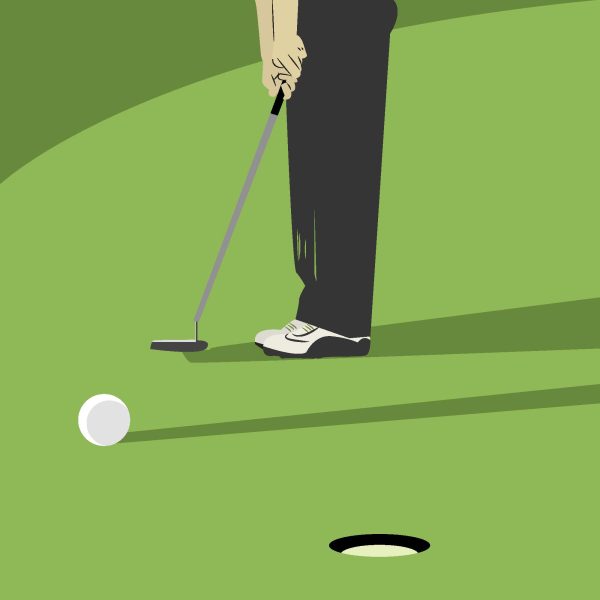Why Nothing is New
February 5, 2020
Everything that exists or will exist has already existed.
The most complex mathematical formulas, innovative technology and abstract art all have one thing in common: they are not original. Things only change in our perspective, not in its original form. Entropy and chaos compose the foundation of reality, but all changes have relatively simple origins.
The automobile serves as an example of this. Possibly the greatest human invention, the automobile has continuously evolved. However, these improvements did not create anything new. Instead, the developments altered an existing template. Even its first iteration arose from other materials. The steel going into the frame already existed, the gasoline propelling it already existed, and it’s purpose of travel already existed. Naturally, these things don’t entirely comprise the “newness” of something. So what’s missing? What makes something new?
Many argue that a concept must possess some unique property unfamiliar to us. Despite individual perspectives differing, every idea has already filled a human mind at some point in time — even if the individual has no awareness of it.
The idea or conception of something has no impact on originality. Imagine the first human to perceive a tree. Does that mean trees did not exist until perceived or conceived? Of course not. To say they didn’t exist until understood by man would mark not only ignorance but arrogance as well.
Taking this idea even further, nothing can have the value of new to the collective either. Humans pride themselves on their individual faculty. However, people often forget that everything they create has its origins in nature to some degree. In other words, people cannot make something out of nothing. Alternatively, nothing cannot come from something. The matter of existence propels itself onward by leaving traces behind. From these traces, altered existences arise, but ultimately they are the same in origin.
The world operates on two levels. The unpredictable chaos rests above keeping the world from growing stagnant. Underneath lies an orderly baseline from which this alteration can occur. If some degree of order ceased to exist, the world would collapse upon itself. As for the chaos, without it, people wouldn’t want to live even if the world lived on forever.
This all sounds rather bleak, but in actuality this concept balances itself out. Sure, nothing holds any originality, but does that really matter? No, because the sheer mass of variety creates the illusion of never ending revelation — even if the variables remain the same.
Parmenides, an ancient Greek philosopher said,“there can be no truth in the opinions of man.” Largely meaning that no perception nor perspective of the world can hold any actuality — the world exists as one being imperceptible to all. Maybe so, but if that one, all-encompassing truth exists, don’t man’s views derive their existence and therefore their nature from this truth? At the center of it all, underneath the opaque ooze of ego and emotion that humanity drenches its senses in, there must lie an inherent reality. One that has existed long before humans, and one that will exist long after humans cease to.












